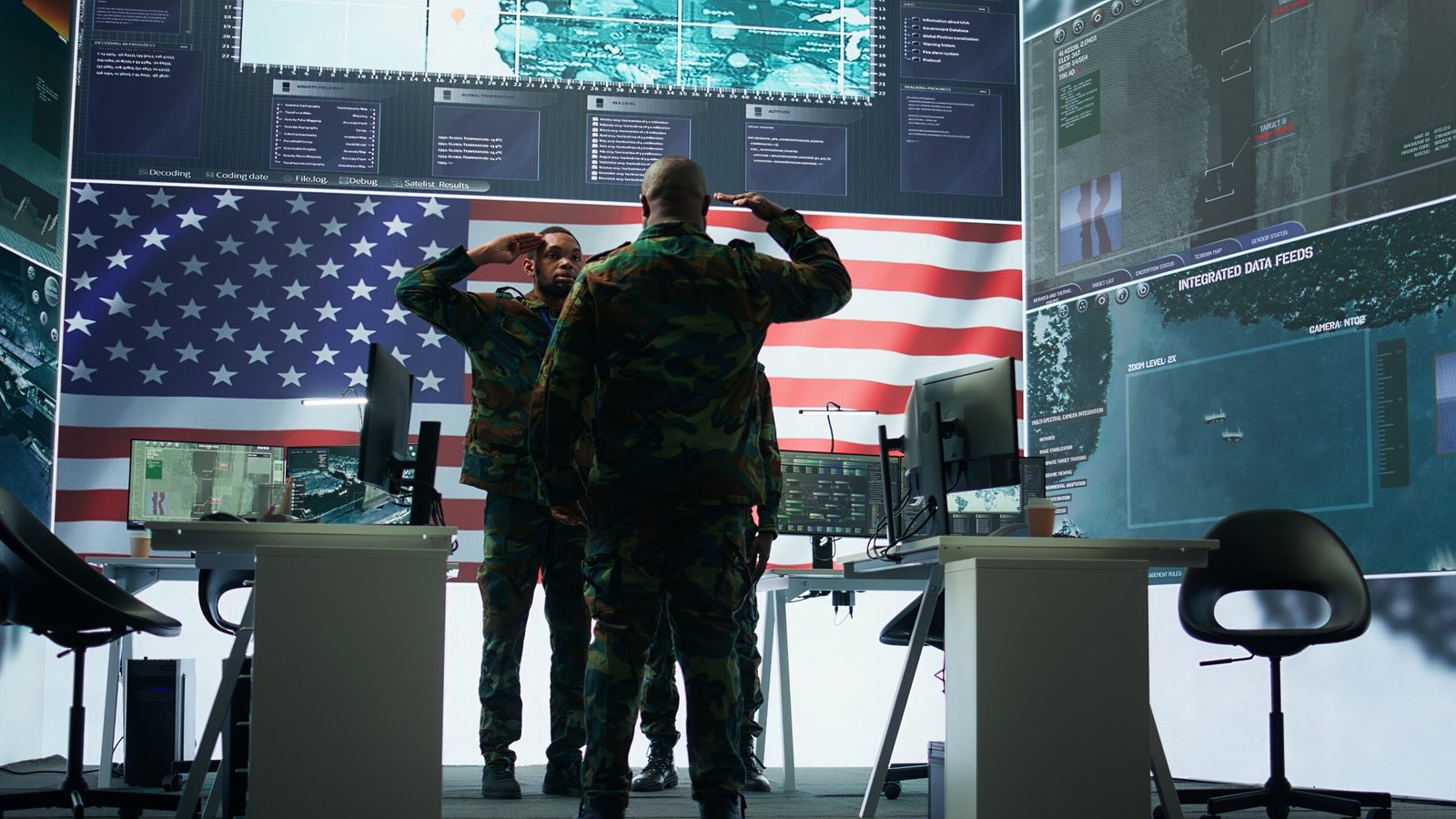Introduction
trump revokes security clearances of 51 former intelligence officials intelligence personnel had their security credentials revoked by former President Donald Trump in a shocking decision that sparked intense debates. This bold decision, which has triggered a tidal surge of emotions, has raised serious worries about the future of American political ethics and national security. Let’s take a closer look at what it means, why it happened, and what the next steps are for the country.
What Are Security Clearances?
Before we dissect the controversy, let’s understand what security clearances are. In simple terms, a security clearance is permission granted to access classified government information. It’s like holding the key to the nation’s secret vaults. Without it, former officials can’t view sensitive data or advise on critical issues.
The Background Story
This didn’t happen overnight. The tensions between trump revokes security clearances of 51 former intelligence officials and the intelligence community have been simmering for years. From suspicions of “deep state” conspiracies to criticism over election involvement claims, Trump has long distrusted the intelligence community. The decision to cancel these permissions feels like the finale of a play years in the making.
Who Are the 51 Former Intelligence Officials?
These aren’t random names. We’re talking about former CIA directors, NSA chiefs, and other top-tier security veterans. Many participated actively in both national and high-stakes international missions. Notable names include James Clapper and John Brennan, who have both been outspoken opponents of trump revokes security clearances of 51 former intelligence officials.
Trump’s Reasons Behind the Revocation
trump revokes security clearances of 51 former intelligence officials justifications for his decision were “erratic behavior” and “wild statements”. He asserted that these people were sowing strife and disseminating false information by leveraging their access. But many believe this was more about silencing dissenting voices and punishing critics.
The Political Storm
The political world erupted instantly. Democrats accused trump revokes security clearances of 51 former intelligence officials of abusing his power to target opponents. Republicans were split, with some supporting the move while others expressed concern about the precedent it sets. Washington hasn’t seen this level of uproar in years.
Public Reaction and Media Coverage
The public’s response has been a rollercoaster. trump revokes security clearances of 51 former intelligence officials was applauded by several folks for his audacious move against the “deep state.” Others believed it to be a dangerous step toward authoritarianism. Numerous media outlets covered the tale in great detail, which stoked the fires.
Impact on National Security
Experts are worried. Stripping these officials of clearances means they can no longer advise current leaders on threats they once helped manage. This could leave gaps in intelligence and hinder critical decision-making processes. National security is not a game, and this move could have serious consequences.
‘Bizarre’: Ex-CIA director Trump revokes security clearances of ex-intel officials
Historical Context
Is this unprecedented? Pretty much. Never in modern history has a U.S. president revoked clearances on such a large scale purely over political disagreements. It’s a sharp departure from tradition and raises eyebrows about the future of executive power.
Legal Implications
Legally, a president does have broad authority over security clearances. However, using that power against political adversaries tests the limits of constitutional norms. Lawsuits and legal challenges could follow, but the gray areas of executive privilege make outcomes uncertain.
International Reactions
The world was watching closely. Allies expressed concern, while rivals like Russia and China likely viewed the turmoil with interest. Stability in U.S. intelligence circles is crucial for global security, and this move sends ripples far beyond American borders.
The Future of Intelligence Community Relations
Trust has taken a major hit. Current intelligence officials might feel uneasy, wondering if they’ll be next. Morale could suffer, and future cooperation between the White House and intelligence agencies might face new obstacles.
Trump’s History with Intelligence Agencies
This wasn’t Trump’s first clash with intelligence leaders. Throughout his presidency, he often dismissed their findings, especially on sensitive topics like foreign election interference. His turbulent relationship with the intelligence community set the stage for this explosive decision.
Expert Opinions and Analysis
Political analysts are split. Some argue Trump exercised legitimate authority to protect the nation. Others view it as a dangerous overreach of power. Former intelligence officials warn that this could discourage future dissent and breed a culture of fear.
Conclusion
trump revokes security clearances of 51 former intelligence officials move to withdraw the security clearances of 51 former intelligence officers sparked one of the most heated arguments in recent memory. While some regard it as a necessary action to preserve national interests, others worry that it undermines the very principles of democracy. One thing is certain: this bold move will reverberate through the corridors of power for years to come.
FAQs
- Why did Trump revoke the security clearances of these officials?
Trump claimed these individuals were spreading false information and endangering national security by misusing their clearances. - Can a president legally revoke security clearances?
Yes, the president has broad authority over classified information and who gets access to it. - How does this affect U.S. national security?
Experts warn it could hinder the flow of valuable advice from seasoned intelligence veterans. - Has any president done this before?
Not on this scale. While individual clearances have been revoked in the past, this mass action is unprecedented. - What are the long-term consequences of this decision?
It could strain relations between future presidents and the intelligence community, and it raises questions about the politicization of national security tools.


